Sadly Tuesday was my last official day at Jisc Collections, unless some money can be squeezed out of the budget to keep us on. But despite this sad occasion the day started like any other and there was still work to be done.
I started the day by having a chat to my supervisor about the recent Open Access in History event we both attended. I then spent a few minutes tidying up my blog post on the event for possible use on the Jisc website.
After I had finished that I moved on to helping my fellow intern with writing a reference guide for researchers in humanities and social sciences explaining Open Access and Creative Commons licenses. This is a project that began a few weeks ago and while I had helped with some of the initial research I hadn't been involved much because it wasn't really my cup of tea. My colleague had made so much progress and I was just needed to write a few bits round the edge, an introduction to the guide and an introduction to OA, because he had written so much explaining what the licenses are, how they work and why people should be thinking about using them. This guide is definitely needed as one thing that comes up time and time again in discussions of OA is that people just don't quite understand it. With this guide people will be able to find answers to some of the most common questions about CC licenses. It is by no means a comprehensive guide but it's a really good starting place and I'm glad I helped (even if it was only a little).
This took up most of the day but when I was no longer needed there were a few extra jobs for me. I helped find contact information for some publishers for planned interviews (something I'm going to get very familiar with while working on my dissertation) and then I proof read a report on ebook provisions in Scottish libraries. It was long but the report was interesting, especially as I had helped with some of the initial data collation.
So all in all a good last day. I got to see some of the projects I worked on come to fruition and I was still learning lots right until the end. It would be great if I could stay on but if not I have had a really good 6 weeks at Jisc Collections and I have learnt a lot. One thing I won't miss however is the commute to London every week.
I started the day by having a chat to my supervisor about the recent Open Access in History event we both attended. I then spent a few minutes tidying up my blog post on the event for possible use on the Jisc website.
After I had finished that I moved on to helping my fellow intern with writing a reference guide for researchers in humanities and social sciences explaining Open Access and Creative Commons licenses. This is a project that began a few weeks ago and while I had helped with some of the initial research I hadn't been involved much because it wasn't really my cup of tea. My colleague had made so much progress and I was just needed to write a few bits round the edge, an introduction to the guide and an introduction to OA, because he had written so much explaining what the licenses are, how they work and why people should be thinking about using them. This guide is definitely needed as one thing that comes up time and time again in discussions of OA is that people just don't quite understand it. With this guide people will be able to find answers to some of the most common questions about CC licenses. It is by no means a comprehensive guide but it's a really good starting place and I'm glad I helped (even if it was only a little).
This took up most of the day but when I was no longer needed there were a few extra jobs for me. I helped find contact information for some publishers for planned interviews (something I'm going to get very familiar with while working on my dissertation) and then I proof read a report on ebook provisions in Scottish libraries. It was long but the report was interesting, especially as I had helped with some of the initial data collation.
So all in all a good last day. I got to see some of the projects I worked on come to fruition and I was still learning lots right until the end. It would be great if I could stay on but if not I have had a really good 6 weeks at Jisc Collections and I have learnt a lot. One thing I won't miss however is the commute to London every week.
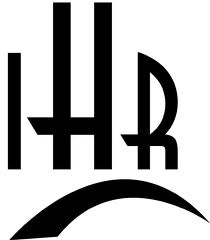
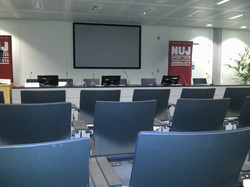
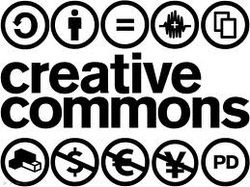

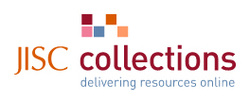
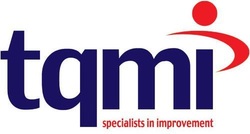
 RSS Feed
RSS Feed